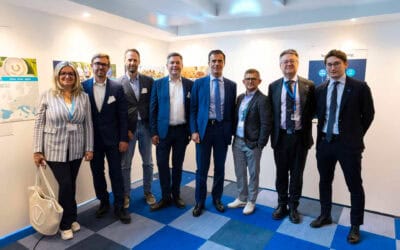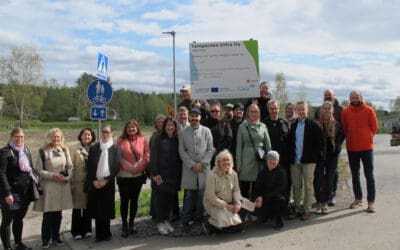Finance experts and practitioners from the European Commission and Interreg Programmes met in Brussels to discuss and propose concrete measures for reducing the project administration efforts. The objective was to improve and further simplify the legal framework of European Territorial Cooperation (also known as Interreg) in the next programming period.

© PantherMedia/ Jirsak
Collecting invoices for office rent, electricity and telecommunication – such procedures were abandoned in Interreg Baltic Sea Region already in 2014 when the payment mode for office costs was simplified and detailed lists of cost items were replaced by a simple flat rate paid to each project partner on top of the staff costs. “There is big potential for a wider use of such so called simplified cost options in the future in order to reduce the administration efforts of projects and to simplify project controls and audits”, says Vaclav Kaplan, Senior Finance Officer at the MA/JS.
In order to bring forward such improvements concerning the technical aspects of implementing Interreg projects, finance officers of the Managing Authority/Joint Secretariat of Interreg Baltic Sea Region participated in a workshop on simplification of European Territorial Cooperation after 2020, organised by INTERACT on 30 January in Brussels. Together with colleagues from other Interreg programmes, they shared their knowledge and day-to-day experience with representatives of the European Commission. They discussed not only simplified costs options, but also state aid, financial control and reporting requirements, as well as cash-flow matters. “We are aware of our project partners’ real-life challenges that come with the current regulations, and we are doing our best to ease up on the most critical ones for the future“, emphasises Vaclav Kaplan.
Although major strategic elements for the post 2020 period of cohesion policy have not been decided, the works for the new regulations have started. The workshop results feed into regulation for the future cohesion policy which are currently being drafted. A first draft can be expected in summer 2018. Afterwards, the draft regulations will go through a consultation processes with different Directorates General, the European Council and the European Parliament.






